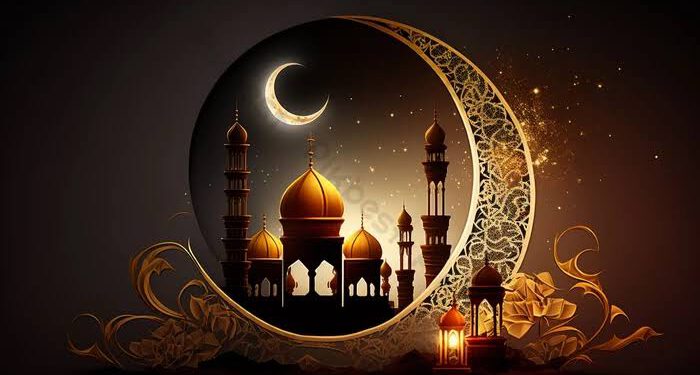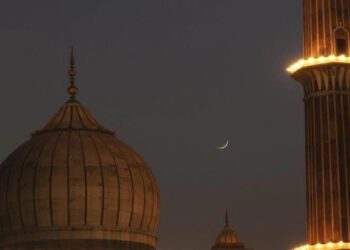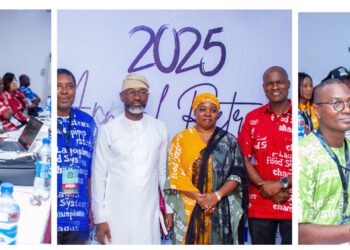By Taiwo Olapade
Ramadan is one of the five pillars of Islam. It is the ninth month of the Lunar (Islamic) Calendar during which Allah made obligatory fasting for Muslims.
Reference to this is in chapter two of the Holy Quran, Surah Baqarah Ayah 185. It reads: “The month of Ramadan [is that] in which was revealed the Qur’an, a guidance for the people and clear proofs of guidance and criterion. So whoever sights [the new moon of] the month, let him fast it; and whoever is ill or on a journey – then an equal number of other days.”

It is just about three days after Muslims worldwide celebrated Eid al-Fitr, marking the end of this year’s Ramadan fast. The big question is: Are we (Muslims) still conducting ourselves the same way we did during the last 30 days of Ramadan?
Don’t be surprised that today, which is the third of Shawwal, many Muslims who observed the just-concluded Ramadan fast and took part in other rewarding activities like observing Salat at the appropriate time, regular recitation of the Holy Quran, attending lectures, Tarawih, and Tahajud have returned to their usual lifestyle before Ramadan.
The next question one may ask is: if someone had stayed away from sinful acts and other vices for a whole month, should it be difficult to keep away from them permanently?
Answering this question will be difficult for all those Muslims who observed the just-concluded Ramadan fast but returned to their usual habits after the Eid prayer.
I strongly believe that our country, Nigeria, and the world at large will be a better place if a high number of Muslims continue with their conduct during the month-long Ramadan fast for the rest of their lives.
Are you one of those Muslims who will sustain the gains and beauty of Ramadan for Nigeria to become a better place for all, or otherwise?
The Shawwal crescent is already sighted. Are you prepared to start tomorrow or when? Remember, just as yesterday we welcomed the Ramadan fast, a few days ago we bid Ramadan farewell. Time is of the essence. Jumah Mubarak.





















